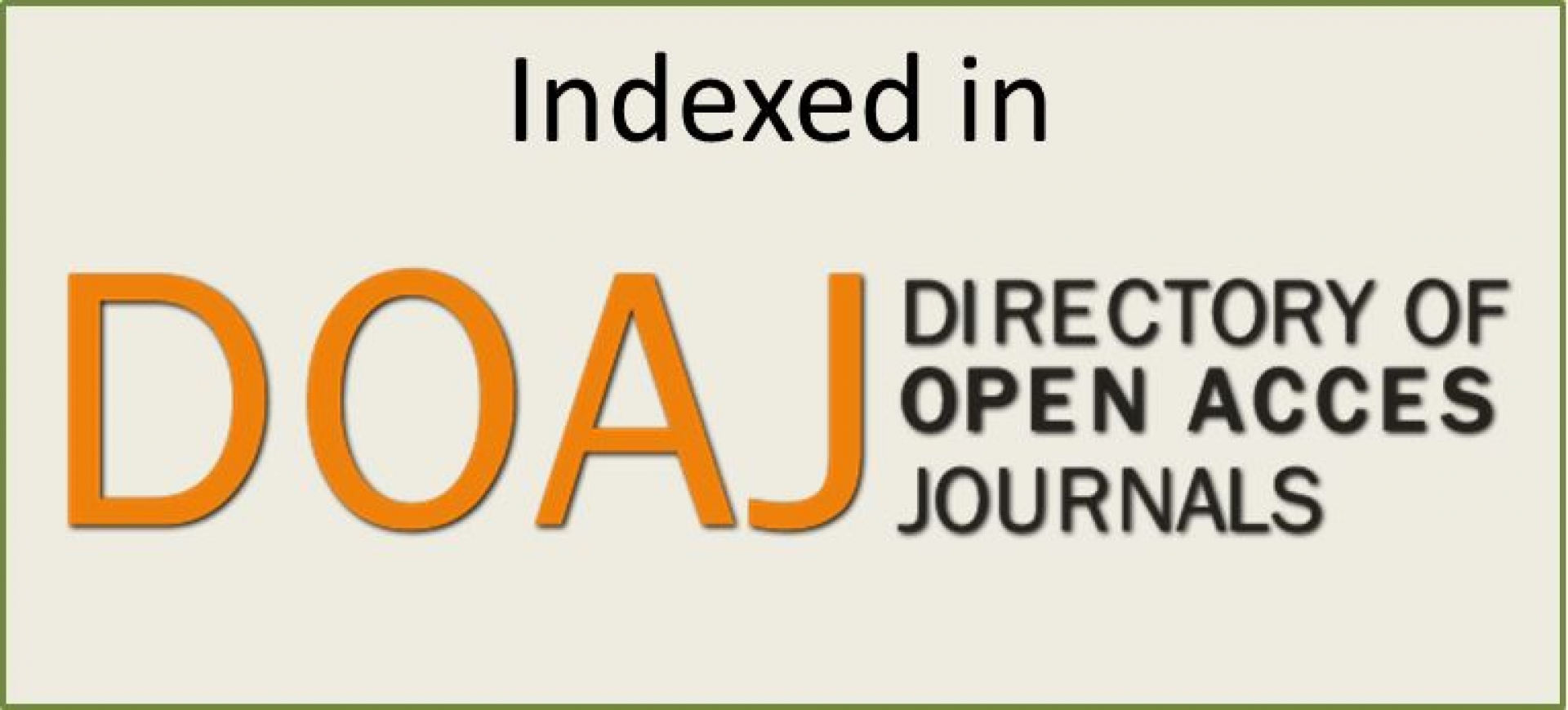CARTAS AL EDITOR
DOI 10.25176/RFMH.v19i3.2147
1 Faculty of Human Medicine, Ricardo Palma University, Lima-Peru.
2 Research Institute in Biomedical Sciences, Ricardo Palma University, Lima-Peru.
Mr. Editor
The World Health Organization defines smoking as a chronic addictive disease widespread worldwide. It represents one of the greatest threats to public health, affecting children, youth and adults1. It is estimated, that there are 1.300 million smokers in the world and about 80% of these live in countries where there is a high rate of morbidity and mortality associated with tobacco mainly in adult consumers2.
In particular, the consumption of tobacco among young university students is evident and worrisome. Different authors in the world have raised factors for tobacco use among adolescents and young adults. Such studies argue that the habit of smoking usually begins during adolescence and consolidates in the university stage. Smoking in parents, relatives, and friends is a factor, perhaps the most remarkable, which is associated with the acquisition of smoking as a habit3.
Although there are studies that affirm that the male sex is related to higher consumption of tobacco, this has been increasing in the female population, especially among teenagers and young adults who consider smoking as a sign of modernity, freedom, and independence4-6
In Peru, the second most consumed social drug is tobacco. Its consumption is frequent in adolescence and is determined by various sociocultural and personal factors, which in many cases become addictions and the acquisition of diseases that mostly have deadly consequences7.
The statistics described show that smoking occurs among adolescents and young adults. Although it is not decisive, the university context could become a social reinforcement where behaviors that induce consumption are promoted8. Therefore, our research team is studying the risk factors associated with tobacco use in university students. The preliminary results show the need to deepen their study and develop programs that promote healthy lifestyles. Also, keeping in mind that today's university students will be the professionals of the future.
Authorship Contributions: The authors participated in the generation, collection of information, writing and final version of the original article.
Financing: Self-financed.
Interest conflict: The authors declare no conflicts of interest in the publication of this article.
Received: March 16, 2019.
Approved: May 16, 2019.
Correspondence: Lucy E. Correa-López
Address: Av. Alfredo Benavides 5440, Santiago de Surco 15039, Lima-Peru.
Telephone: 970922865
E-mail: lucyecl@hotmail.com
